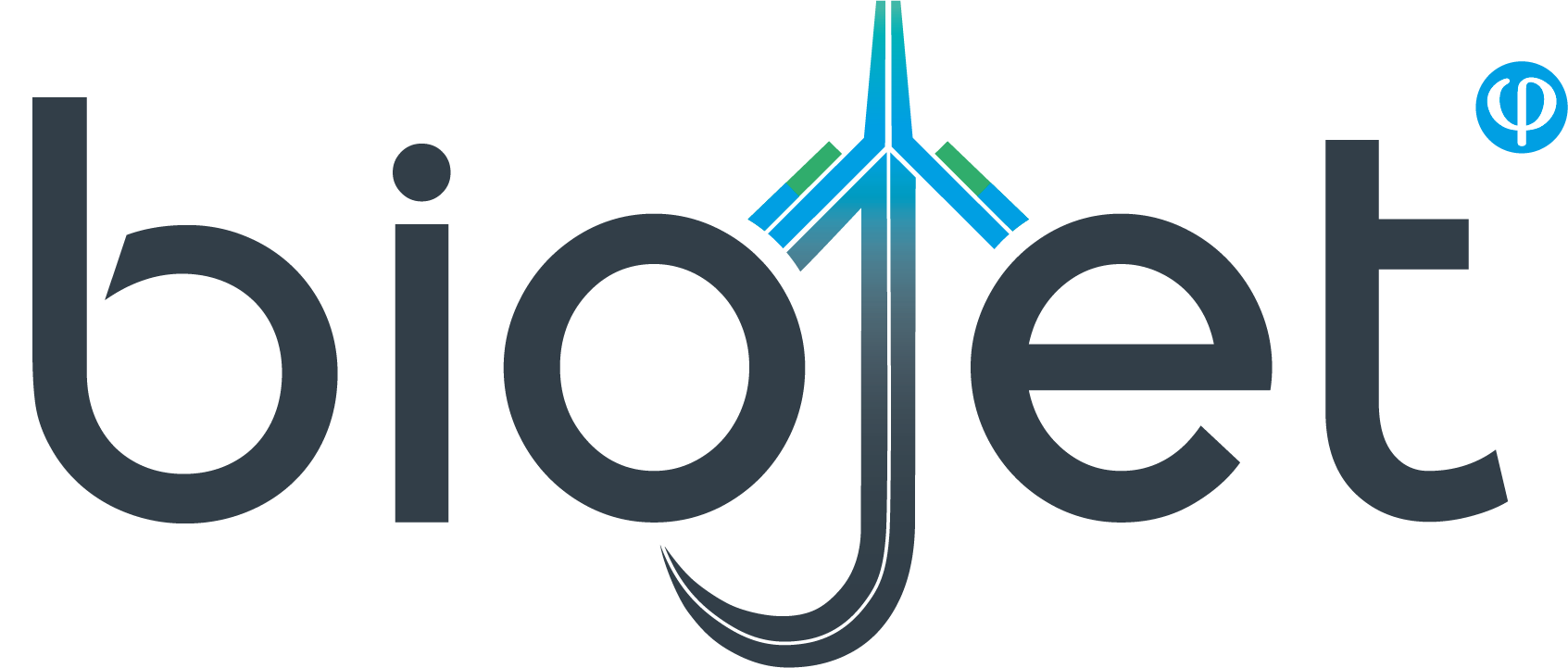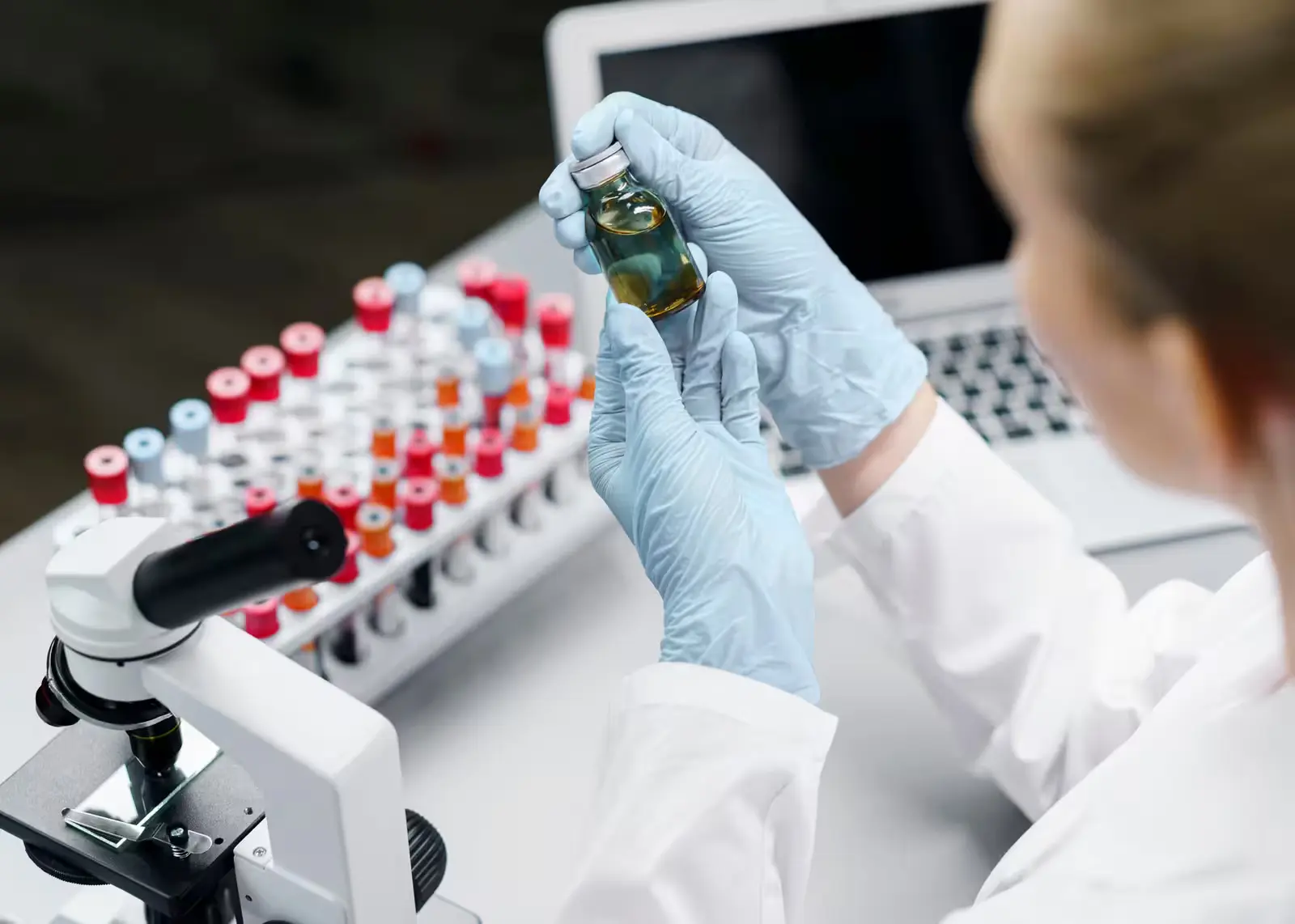The “Pharmaceuticals and Healthcare” practice of the law firm VERBA LEGAL, at the request of Vademecum, has prepared an overview of the regulatory legal acts (NPA) that came into force in August 2024, related to the circulation of drugs and medical devices. Additionally, the lawyers discussed some documents that took effect on September 1, 2024, as well as thematic drafts of NPAs currently under development. More details about these documents can be found in the digest.
Circulation of Medicinal Products
• A project for the “second excess” mechanism for drugs and medical devices in public procurement has been developed.
The draft resolution of the Government of the Russian Federation “On Measures to Provide National Regime in the Procurement of Goods for the Needs of State and Municipal Authorities, Procurement of Goods by Certain Types of Legal Entities.”
The Ministry of Finance has published a draft proposing to extend the “second excess” rule to medicinal products and certain medical devices. The draft establishes the specifics of applying the national regime when conducting procurements under Federal Laws No. 44-FZ and No. 223-FZ. Currently, the document is in the public discussion stage.
The existing regulation provides preferences for Russian or partially Russian products only if they are included in the list of vital and essential drugs (ŽNVLP). The proposed innovations do not tie to lists and apply to all medications. Thus, the customer is required to reject applications that propose the supply of foreign products if at least one application offers the supply of a Russian drug. The degree of production localization will be taken into account: the more production stages carried out in Russia and the EAEU, the more preferable the application will be. The document confirming the full production cycle in Russia and the EAEU will be the manufacturer’s certificate and the GMP certificate.
The project also pertains to the supply of certain medical devices. To confirm the origin when procuring items such as medical gauze, medical clothing, non-woven surgical disposable sterile products, antiseptics, and disinfectants, a certificate of origin issued by an authorized body of the EAEU member state will be required. For containers for the preparation, storage, and transportation of donor blood and its components, urine bags, and fecal bags, an expert opinion from the Chamber of Commerce and Industry of the Russian Federation will additionally be required.
VERBA LEGAL lawyers believe that the project is likely to undergo further revision. According to the draft, the “second excess” rule applies to all products, which could potentially create an excessive burden on the healthcare budget, as it would necessitate purchasing more expensive medications whose production is fully localized within the territory of the Russian Federation or the EAEU.
Approved Methodologies for Determining Fees for Clinical Trial Inspections and Pharmaceutical Inspections
Order of the Ministry of Health of the Russian Federation No. 167n dated April 9, 2024 “On Approval of Methodologies for Determining the Amount of Fees for Providing Services for Conducting Inspections (Checks) of Clinical Trials of Medicinal Products for Medical Use, Pharmaceutical Inspections for Compliance with Approved Rules of Good Laboratory Practice, Good Clinical Practice, and the Maximum Amounts of Such Fees.”
The new order provides formulas for calculating the cost of services for conducting GCP inspections and pharmaceutical inspections, as well as the maximum amount of fees for these services. The cost will take into account the typical names of work, man-hours spent, and indirect expenses of the authorized body (including labor costs for administrative and support personnel, general overhead costs, and building depreciation), as well as travel expenses (costs for accommodation, meals, and per diem).
The document establishes the maximum per diem amount for one inspector in Russia—no more than 700 rubles per day during a business trip. If necessary, the fee for inspectors will be reviewed once a year, with changes taking effect on April 1 of the current financial year.
The introduction of formulas for calculating the costs of pharmaceutical inspections and clinical trial inspections will enhance transparency and predictability of expenses for pharmaceutical companies; however, it may also lead to increased costs for inspections due to the inclusion of indirect expenses and travel costs.
The document will come into force on September 6, 2024.
Roszdravnadzor to Update Regulations on Issuing Permits for Online Retail of Medicines
Draft Order of Roszdravnadzor “On Approval of the Administrative Regulation of the Federal Service for Surveillance in Healthcare for Providing the State Service of ‘Issuing Permits for the Retail Sale of Medicinal Products for Medical Use by Distant Means.’”
Roszdravnadzor has developed a draft of an updated administrative regulation, under which the state service for issuing permits for the retail sale of medicinal products by distant means will be provided.
According to the draft order, the following options for providing the service are proposed:
- Issuance of a permit for the retail sale of medicinal products by distant means;
- Amendments to the registry of permits for the retail sale of medicinal products by distant means;
- Termination of the permit for the retail sale of medicinal products by distant means.
The currently effective administrative regulation from 2021 requires the applicant to have a license for pharmaceutical activities for at least one year. This requirement is absent in the draft of the new regulation.
The adoption of the new administrative regulation by Roszdravnadzor will significantly simplify the entry into the online retail market for pharmaceutical companies. The removal of the requirement for a one-year license ownership period will make the service more accessible to new players, potentially increasing competition in the online medicine retail segment.
Public discussion of the draft order will last until September 10, 2024.
New Acts in the Field of Drug Circulation Came into Force
Starting September 1, 2024, new NPAs aimed at improving and optimizing drug circulation have come into effect. Among them:
- Order of the Ministry of Health of the Russian Federation No. 273n dated May 29, 2024 “On Approval of the Application Form for Recognizing a Medicinal Product as an Orphan Medicinal Product.”
This document aims to formalize the application procedure for recognizing a drug as orphan. In conjunction with the possibility of recognizing both registered and unregistered drugs as orphan, it will allow companies to bring new drugs for the treatment of rare diseases to market more quickly.
- Order of the Ministry of Health of the Russian Federation No. 274n dated May 29, 2024 “On Recognizing Order of the Ministry of Health of Russia No. 200n dated April 1, 2016, as Invalid” “On Approval of Good Clinical Practice Rules.”
This order cancels the domestic good clinical practice rules. This is related to the harmonization of national regulation with EAEU law. Since the cancellation of Russian GCP, the decision of the Council of the Eurasian Economic Commission No. 79 dated November 3, 2016, “On Approval of the Good Clinical Practice Rules of the Eurasian Economic Union,” will be mandatorily applied, which previously could be used alongside domestic GCP.
- Resolution of the Government of the Russian Federation No. 756 dated June 1, 2024 “On Amendments to the Resolution of the Government of the Russian Federation No. 547 dated March 31, 2022.”
This NPA removes domestic rules of good storage and transportation practices for medicinal products from the Government Resolution No. 547 dated March 31, 2022, “On Approval of the Regulation on Licensing Pharmaceutical Activities.” These are replaced with storage rules for medicinal products.
- Resolution of the Government of the Russian Federation No. 568 dated May 3, 2024 “On Amendments to the Resolution of the Government of the Russian Federation No. 1771 dated October 31, 2020, ‘On Approval of Features of State Regulation of Maximum Wholesale Prices of Manufacturers for Medicinal Products Included in the List of Vital and Essential Medicinal Products and Making Amendments to Certain Acts of the Government of the Russian Federation.’”
This resolution simplifies interaction between the regulator and entities involved in the circulation of medicinal products regarding the establishment of maximum wholesale prices. On the other hand, it tightens the regulator’s requirements for applicants by introducing limiting time frames and the possibility of canceling the maximum wholesale price if a certain volume of the drug in circulation is not reached.
Circulation of Medical Devices
Order of the Ministry of Labor of the Russian Federation No. 346n dated July 10, 2024
The Ministry of Labor has made amendments to the regulations regarding the provision of rehabilitation aids for the disabled (RA). Notably, when selecting support aids for children with disabilities, in addition to standard height and weight parameters, measurements such as the distance from the foot to the chest, from the foot to the knee, and from the foot to the perineum will now be considered.
For selecting walkers and wheelchairs for children and adults with cerebral palsy or those requiring additional body support, their activity level will be evaluated according to the GMFCS (Gross Motor Function Classification System). The need for specially tailored clothing will be assessed to determine whether it requires individual production or special manufacturing methods in cases of complex combined pathologies.
Moreover, the Ministry has expanded the list of RA by adding 161 new items, including various types of walkers for children and wheelchairs.
Undoubtedly, the previously existing parameters were insufficient to provide all those in need with suitable rehabilitation aids, which sometimes created problems for patients. The legal changes reflect the trend towards individualized medicine, which presumes that each patient requires a special approach.
General Regulations
Mandatory Pre-Trial Appeal of Denials for Certain Permits
Resolution of the Government of the Russian Federation No. 2229-r dated August 17, 2024
Starting from September 1, 2024, denials for issuing special permits and licenses across more than 190 procedures must be appealed through the state services portal. These appeals will be reviewed within 15 days. The opportunity for judicial appeal arises only after the mandatory pre-trial process.
This list of procedures includes the issuance of certificates of conformity for pharmaceutical manufacturers according to the GMP EAEU standards, permits for online trade in pharmaceuticals, permits for conducting clinical trials of medical devices, and their import into Russia for state registration, among others.
Updated Rules for Appointing General Directors
Federal Law No. 287-FZ dated August 8, 2024
Decisions made by the general meeting of participants, a sole participant, or the collegiate governing body (e.g., board of directors) regarding the appointment of a new general director (sole executive body) in limited liability companies must now be notarized. The notarization can also be conducted remotely. The notary will independently submit an application for changes to be made to the Unified State Register of Legal Entities (EGRUL) – previously, this was done by the new head of the company.
These changes came into effect on September 1, 2024. VERBA LEGAL lawyers believe that the new provisions will help reduce fraudulent schemes aimed at diverting businesses.
Changes in the Use of Electronic Signatures by Employees
Federal Law No. 457-FZ dated August 4, 2023
The transitional period during which employees could sign documents using a qualified electronic signature (QES) without a machine-readable power of attorney (MRPA) is coming to an end. From September 1, 2024, employees can only sign documents using their personal qualified electronic signature (QES) and must include an MRPA.
VERBA LEGAL lawyers note that a new sample certificate for an individual’s electronic signature can be obtained from an accredited certification center, which requires a passport, SNILS, and TIN of the employee. The validity of previous electronic signatures of individuals, which still contained company details, expired on August 31, 2024.
Source: Vademecum, September 4, 2024.








